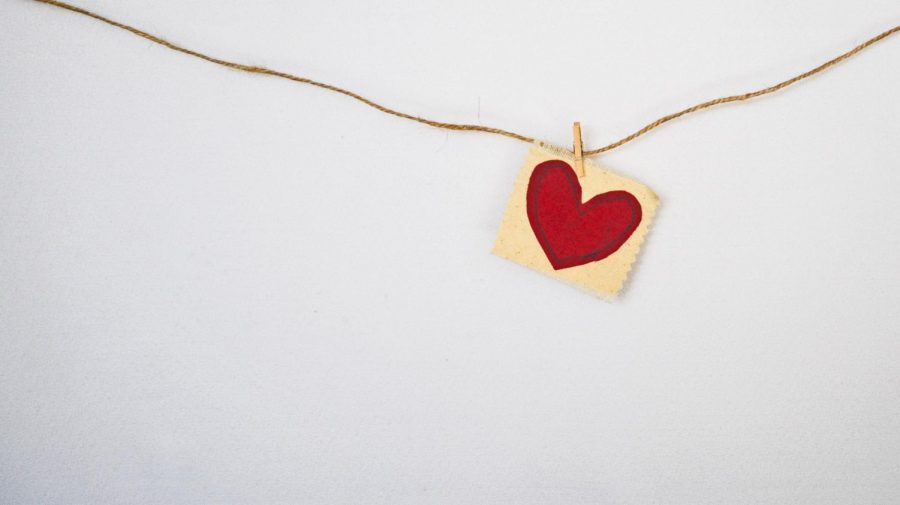Dear Heartbeat Bill
A hate letter to Alabama’s anti-abortion bill
May 16, 2019
Dear Heartbeat Bill,
I didn’t want to write to you.
I racked my brain for other topics that brought forth surges of emotion — anger, happiness, sadness, anything really — but my mind kept wandering back, fixating itself upon you.
I didn’t want to write to you.
Why? Because I felt out of place. I felt like my opinion didn’t matter, because why would a 16-year-old’s opinion influence the 22 Alabama lawmakers who decided to sign this bill, and Governor Kay Ivey who signed it into action? And my hesitation to address you is precisely the problem, you see. That’s what you do; you ban not only the termination of pregnancies post-six weeks, but you also ban the voices of women.
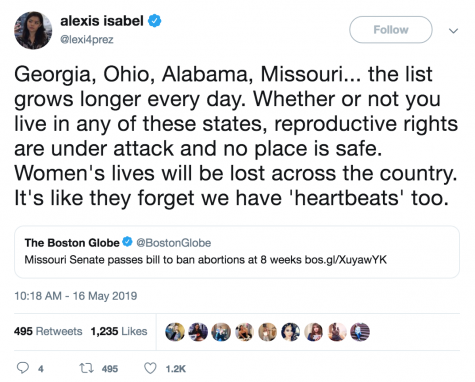
As a woman, therefore, I felt an obligation to write to you. Despite the countless other people who have written you hate mail, I felt compelled to add myself to that list and let you know that I don’t think it’s okay for you to exist. You force women to carry fetus to term regardless of whether they have been raped, whether they were victims of incest, whether they feel prepared for motherhood, whether they are financially stable enough to raise a child or the plethora of other reasons why women choose to abort. Not to mention, women shouldn’t even have to justify their reasons because these are their own bodies. I don’t think it’s okay for you to say that doctors performing abortions or women getting abortions have to spend more time in jail than their rapists.
I didn’t want to write to you.
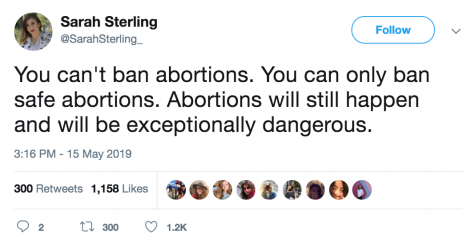
I didn’t even know how to begin to express my outrage that you exist. The pro-life versus pro-choice debate is perceived to be incredibly complex, yet it asks a rather elementary question: does our society consider fetuses living? Yet the irony in this argument is failing to recognize that women, believe it or not, are people too. Labeling the ideology as pro-life suggests that the other side isn’t — but no one is against life. Pro-choice supporters are simply against the violation of bodily autonomy. Ireland’s Savita Halappanavar’s death reflected this very stance when she was denied an abortion because her fetus had a heartbeat — disregarding the fact that she, too, had a heartbeat — and she consequently died of septicemia. It shouldn’t take deaths to spark conversation about abortion, it should merely take the realization that women are human beings.
I didn’t want to write to you.
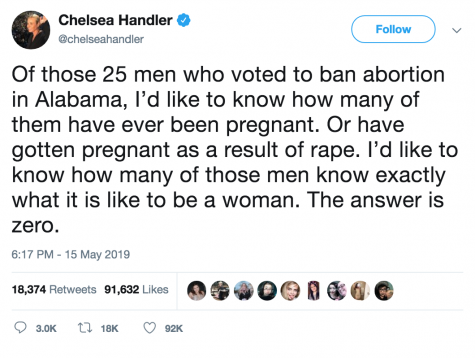
I didn’t want to believe that day by day, the progress we’ve made as a country, as a society, seems to come to a standstill — or even fall away, sending us spiralling backwards. In direct contrast to countries like South Korea, which recently legalized abortion, we seem to be following a pattern of regression. People certainly don’t have to get an abortion nor like abortions, but the solution is not to snatch choices — vital, life-changing choices — out of women’s hands, especially when it concerns their own body.
The solution is sex education, the solution is access to birth control, and the solution is to look towards countries like Britain, for whom this debate has almost completely ceased. Britain supports abortions up to 24 weeks, which is a reasonable compromise where women are aware of the pregnancy and have had time to take subsequent action if they feel necessary. The solution, dear Heartbeat Bill, is not you.
I didn’t want to write to you.
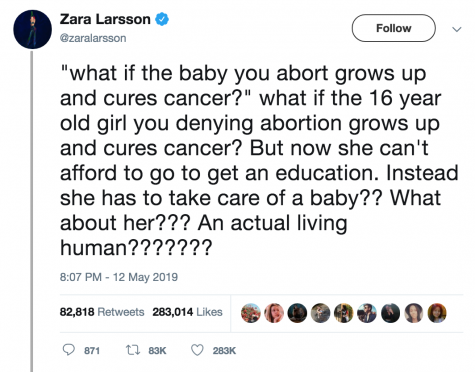
I didn’t think it was necessary to defend that abortion is healthcare — it shouldn’t be a dirty word or a felony. I might be an irrelevant 16 year old still trying to find her voice, but me, along with the countless other women (and hopefully men) will not be apathetic bystanders watching from afar as you seize control of women’s bodies, rendering them helpless. We will vote, we will donate to organizations like Yellowhammer that oppose you and we will fight our hardest to make sure you don’t exist.
Heartbeat bill, I didn’t want to write to you.
And I shouldn’t have to write to you, because you shouldn’t exist. Yet here I am, putting into words something I thought was a universally known fact in this day and age — that women are also human, strong-willed individuals fully capable of making decisions by themselves, for themselves.
Without love,
Oishee


